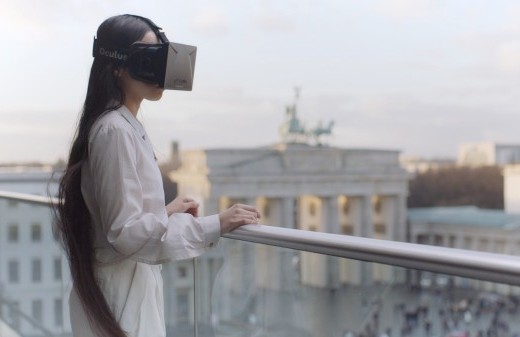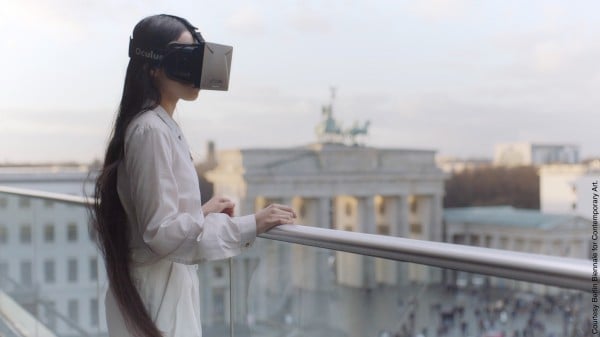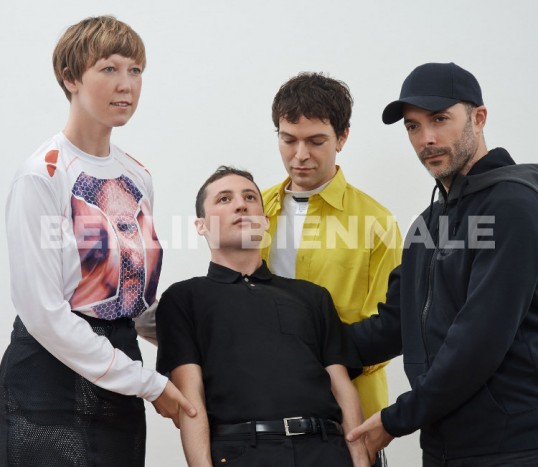Art & Exhibitions
DIS Collective Announces Concept and Venues for the 9th Berlin Biennale
The sites include tourist favorites as well as a private collection.

The sites include tourist favorites as well as a private collection.

Hili Perlson


Still from Narrative Devices; Not in the Berlin Biennale featuring Tilman Hornig
Photo: Courtesy 9th Berlin Biennale
The Berlin Biennale for Contemporary Art announced the list of locations around the city to host the exhibition’s ninth edition at a press conference in Berlin on Wednesday.
The five venues chosen by the curators, the New York-based DIS collective—Lauren Boyle, Solomon Chase, Marco Roso, and David Toro—encompass sites emblematic of the oft-paradoxical changes that the German capital has undergone in the past decade, largely due to the boom in tourism following the 2006 World Cup, and include public and private locations: The Akademie der Künste, the European School of Management and Technology (ESMT), the soon-to-open Feuerle Collection, a sightseeing boat touring the river Spree, and the KW Institute for Contemporary Art.
Speaking at the press conference, Boyle explained that the Akademie der Künste, located on Pariser Platz near the Brandenburg Gate, is a building marked by Germany’s troubled history. Yet Pariser Platz is also a popular tourist trap, the address of the American and French Embassies, and the square where Michael Jackson dangled his then nine-month-old son from a hotel window in 2002.
The ESMT building, on the other hand, was previously the State Council Building for the communist government of East Germany, and was erected in 1962 on the erstwhile site of the royal Prussian Berlin City Palace. (The palace is currently being rebuilt and is a much-disputed project).

Photo: Courtesy 9th Berlin Biennale
Although the curators didn’t reveal details regarding participating artists, Boyle described the curatorial framework of the ninth iteration of the Berlin Biennale as “guided by a rounded receptivity to the present, a moment which is layered with conflicting ideologies that manifest in contemporary aesthetics.”
“We feel consumed by individualism staged in the face of the utter powerlessness of the individual in the age of the Anthropocene and Big Data,” she added, listing some of the paradoxes that the biennale will tackle in addition to “the virtual as the real, nations as brands, people as data, culture as capital, wellness as politics, and happiness as GDP.”

DIS, from left: Lauren Boyle, Solomon Chase, David Toro, and Marco Roso
Photo: Sabine Reitmaier via Biennale Foundation
“Our proposition is simple,” Boyle concluded. “Instead of pulling talks on anxiety, let’s make people anxious; rather than symposia on privacy, let’s jeopardize it; instead of talking about capitalism, let’s distort it […] instead of unmasking the present, this is the present in drag.”
The Berlin Biennale was inaugurated in 1998, and has become known for taking place in under-visited or publicly inaccessible locations around the city, sometimes at the cost of the exhibition’s quality. The encounters between the art world’s jet setting crowds with Berlin’s early summer tourists will surely enhance the curatorial concept.
The Ninth Berlin Biennale will take place from June 4 – September 18, 2016.